Origami Solar said its PV module frames made of recycled roll-formed steel could help supply chain resiliency and reduce costs given East Asia’s domination of material supplies for conventional frames. Image: Origami Solar
A solar PV module frame made of recycled roll-formed steel has outperformed conventional aluminium frames in testing by an independent third party.
California-based testing firm and solar product developer TECSI Solar compared a 35mm tall steel frame made by Origami Solar in comparison with a 40mm aluminium frame under identical conditions using duplicate PV laminates.
Steel delivered better results in several areas including rigidity, stability and installation compatibility, offering hope for supply chain resiliency and cost reduction.
“The [steel] frames did a better job of protecting the laminate from cell crack initiation and propagation, which is critical to reliable long-term energy production,” said Samuel Truthseeker, founder and principal engineer at TECSI Solar.
“Our office has concluded that the Origami steel frame is a suitable candidate for consideration to replace extruded aluminum PV module frames and can provide significantly better performance if properly designed.”
Given that China and Southeast Asia dominate current global supplies of aluminium, Origami Solar, which is headquartered in Sacramento, California, claimed that an industry shift towards using steel frames would help support domestic manufacturing and therefore reduce supply chain risks.
This is pertinent in new era where module price rises have replaced years of price declines, a change driven by global supply chain troubles combined, rising raw material costs with increased demand. Unlike the overall downward trajectory of module prices over the years, module frames had not seen a similar downward trajectory with little innovation or cost reductions.
Using steel in the frames can also reduce greenhouse gas emissions from production by 87% when made in America and 94% when manufactured in Germany, according to a recent report published by Boundless Impact Research and Analytics.
Origami’s patent-pending product, which uses a steel roll forming process that creates a frame with intricate folds (hence the name Origami Solar), would also benefit from solar power system tax incentives in America that are expected imminently.
The Inflation Reduction Act (IRA), just passed by the US Senate and moving to a House vote this week, could add an additional 10% credit for domestically produced content on top of the current 30% tax credit for solar installations.
Test results
Under extreme loading, both downward and upward, the Origami steel frames were more rigid than the taller aluminum frames. Furthermore, Origami frames showed significantly less deflection under load.
Steel frames also showed sufficient rigidity and stability when tested for compression strength to support typical top clamp loads, which can result in frame buckling or laminate breakage. The Origami’s steel frame also maintained laminate rigidity better than aluminum and proved compatible with existing racking systems when tested for top-clamp and bolt-mounting installations.
“The Origami roll-formed steel frames proved to be overall resilient and able to surpass the performance of typical aluminium frames in many circumstances even though it was 13% shorter,” TECSI noted in the conclusion of its executive summary.
“In the areas where the Origami design did not perform as well, modest design changes can be deployed to improve performance bringing it more in line with expectations. In addition, the cross-sectional area can be modified in any number of ways to meet the needs of individual module manufactures.”
In April this year, the US Department of Energy (DOE) announced Origami Solar as one of the finalists of the American-Made Solar Prize Round 5, designed to support innovations in the solar industry. The winner is due to be announced in September.

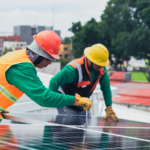

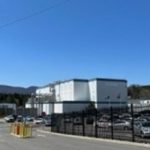
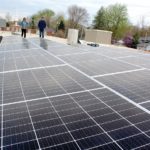

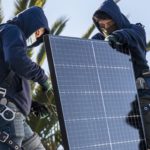
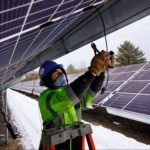
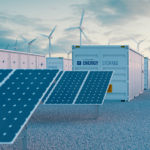
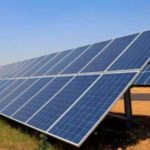



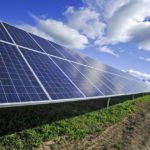

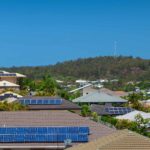





Recent Comments